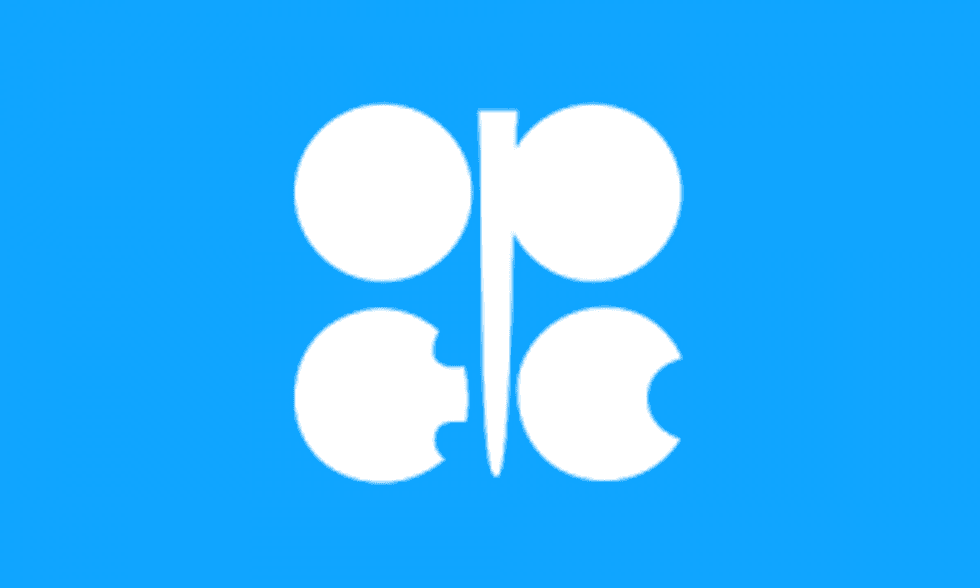OPEC Confirms No Production Cuts, Oil Drops Below $70 a Barrel
OPEC announced Thursday that it will not be making any cuts to oil production. The news sent the price of crude oil tumbling.
After weeks of speculation, the Organization of the Petroleum Exporting Countries (OPEC) confirmed Thursday that it will not be cutting oil production. The move sent the price of oil plummeting throughout the day.
“Accordingly, in the interest of restoring market equilibrium, the Conference decided to maintain the production level of 30.0 mb/d, as was agreed in December 2011,” reads a statement from the cartel.
The new normal?
As mentioned, the news sent oil prices tumbling, with both West Texas Intermediate (WTI) and Brent crude falling more than 4 percent, hovering at $69.05 and $72.58 respectively per barrel. Brent crude hasn’t fallen below $75 per barrel since September 2010.
“The lack of a cut from OPEC means we’re likely to remain oversupplied here barring some other potential move down the road from them,” said Chris Cox, an analyst with Raymond James. “It’s going to be some pretty challenging times I think for most oil producers.”
Cox said it is tough to pinpoint a price that producers and investors will have to grow accustomed to seeing, but said a mid-$60 range for WTI isn’t out of the question.
“I think we’re getting close to a bottom on oil, but what that exact price is, is difficult to really say,” he said.
How did we get here?
Record output from non-OPEC countries (largely the United States) has led to a slump in prices, with inventory that hasn’t been seen in decades.
“The Conference also noted, importantly, that, although world oil demand is forecast to increase during the year 2015, this will, yet again, be offset by the projected increase of 1.36 mb/d in non-OPEC supply,” reads the statement from OPEC.
In the opening address to the meeting, Abdourhman Ataher Al-Ahirish, Libya’s vice prime minister for corporations and president of the OPEC conference, pointed out that a stabilizing oil industry has been helped by a world economic recovery. However, he also said that several market fundamentals, including a rising American dollar, have helped play havoc with oil prices.
“Ample supply, moderate demand, a stronger US dollar and uncertainties about global economic growth have been key factors in this recent price trend. In addition, as OPEC has noted in the past, the impact of speculative activity in the oil market has also been an important factor,” he said. “Nevertheless, it is important to recognize that if the recent price trend continues, the long-term sustainability of capacity expansion plans and investment projects may be put at risk.”
Market impact
In addition to hurting oil prices, the news also sent the share prices of oil companies falling, with Husky Energy (TSX:HSE) among the heaviest hit with a 5.37-percent loss.
Canada as a whole also suffered. The S&P/TSX Venture Composite index (INDEXTSI:JX) dropped 0.77 percent, or 115.98 points, to close at 14,922.44 points for the day. The TSX’s energy sector is down 14 percent year-to-date.
That said, the news did have fans in the auto industry, where analysts are forecasting rising auto sales due to the fall in oil prices.
Carlos Gomes, a senior economist and auto industry specialist with Scotiabank, released a report detailing the rise of auto sales during times of historically low oil prices. The report notes that in 1986, 1988, 1994 and 1998 the price of oil was driven down for similar reasons as today, meaning that there should be more car sales in the near future.
“On average, this has lead to an improvement of global vehicle sales of four percent. So we would expect something similar as we move into 2015,” he states in the report, adding that the United States should see a larger gain.
Securities Disclosure: I, Nick Wells, hold no direct investment in any of the companies mentioned in this article.
